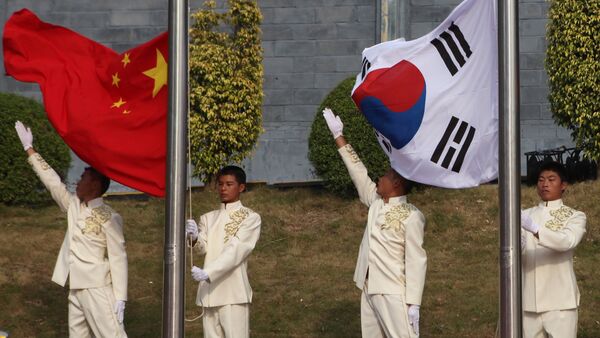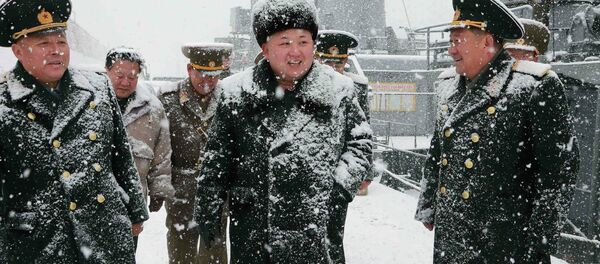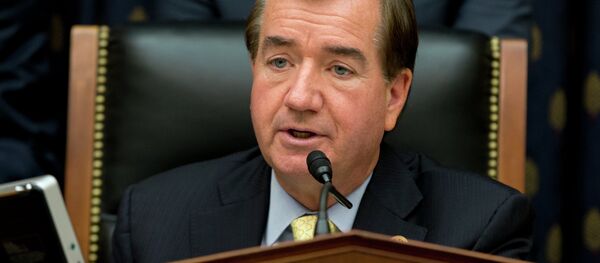MOSCOW, January 5 (Sputnik) — China and South Korea have reaffirmed their zero tolerance position towards North Korea’s nuclear weapon program and agreed to enhance cooperation to maintain peace in the region, South’s foreign ministry said Monday.
Officials of the foreign and defense ministries of the two countries held talks in a "two plus two" format in Seoul and discussed issues of bilateral and regional security, according to the ministry.
"The two sides agreed to further strengthen bilateral and multilateral cooperation for peace and security on the Korean Peninsula," an official from Seoul’s foreign ministry said as quoted by Yonhap news agency.
The six-party talks over North Korea’s denuclearization involved the two Koreas, the US, China, Japan and Russia. The negotiation process has been suspended since December 2008, when the North pulled out of the talks.
While Pyongyang is demanding the unconditional resumption of the talks, Seoul and Washington say the North should first take steps towards denuclearization. China insists the US and South Korea should assume a moderate position on the reopening of the talks.
However, Pyongyang’s relations with the US have recently deteriorated, with Washington announcing new sanctions against North Korea over its alleged involvement into a cyber attack on Sony Pictures. Some experts believe the move may have a negative effect on Seoul’s attempt to improve ties with Pyongyang.
The foreign ministry official said China "showed its support" to South Korea’s intent to improve the inter-Korean relations, according to Yonhap.
At the same time, South Korea and China did not discuss the recent signing of a military arrangement between Seoul, Washington and Tokyo to share information on North Korea’s weapon programs, according to the official. Besides, China did not address the issue of the possible deployment of a US missile-defense system to South Korea.
China and South Korea agreed to start the security dialogue in June 2013, during talks between South Korean President Park Geun-hye and Chinese leader Xi Jinping.




